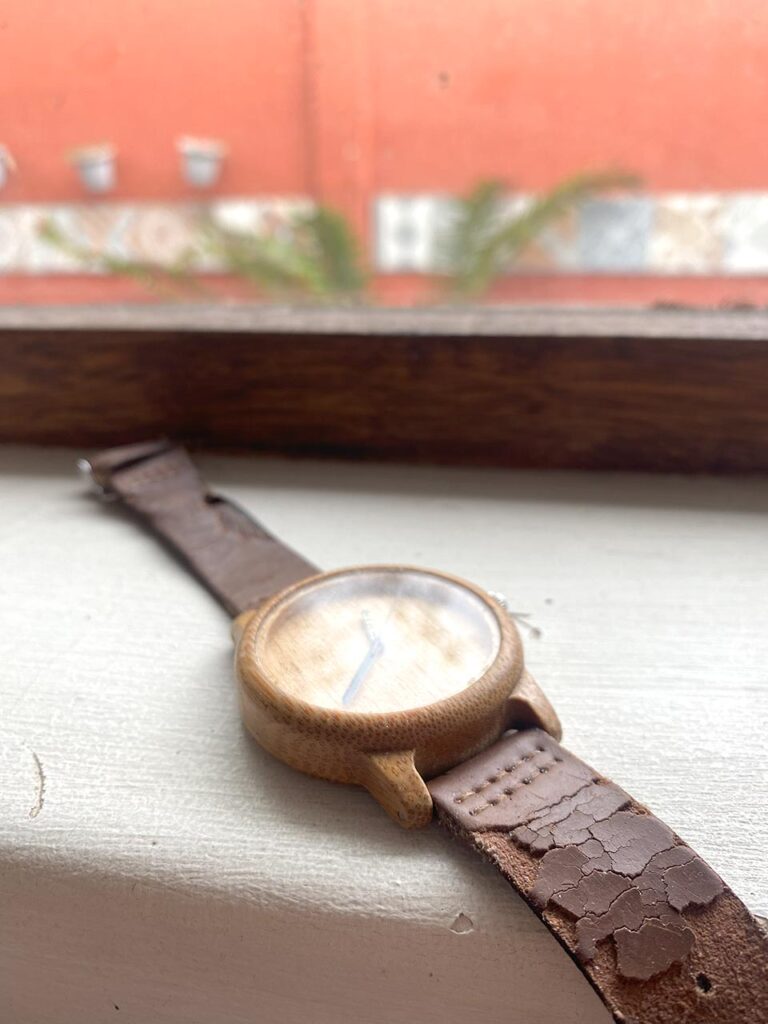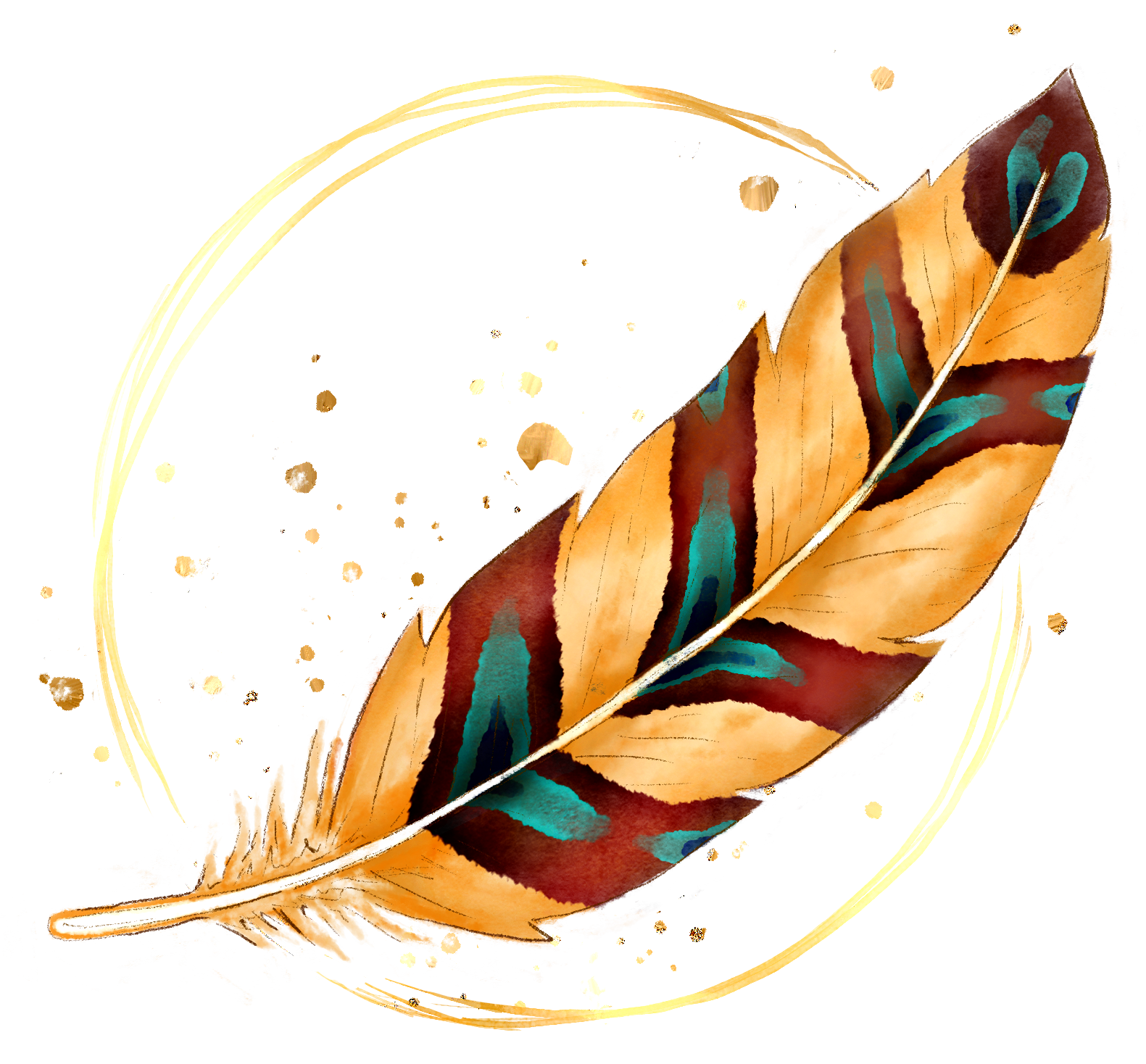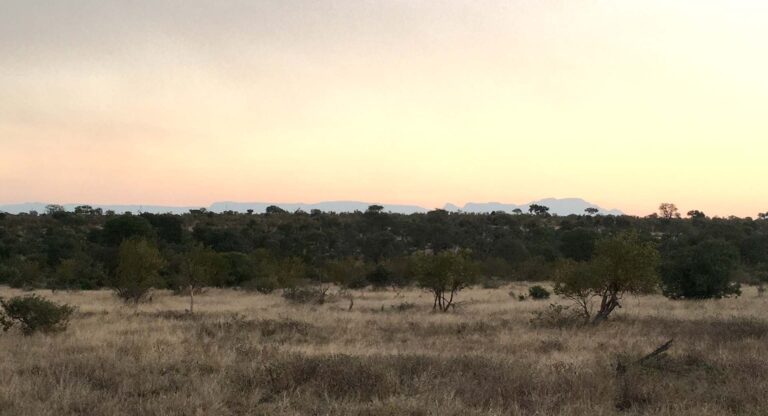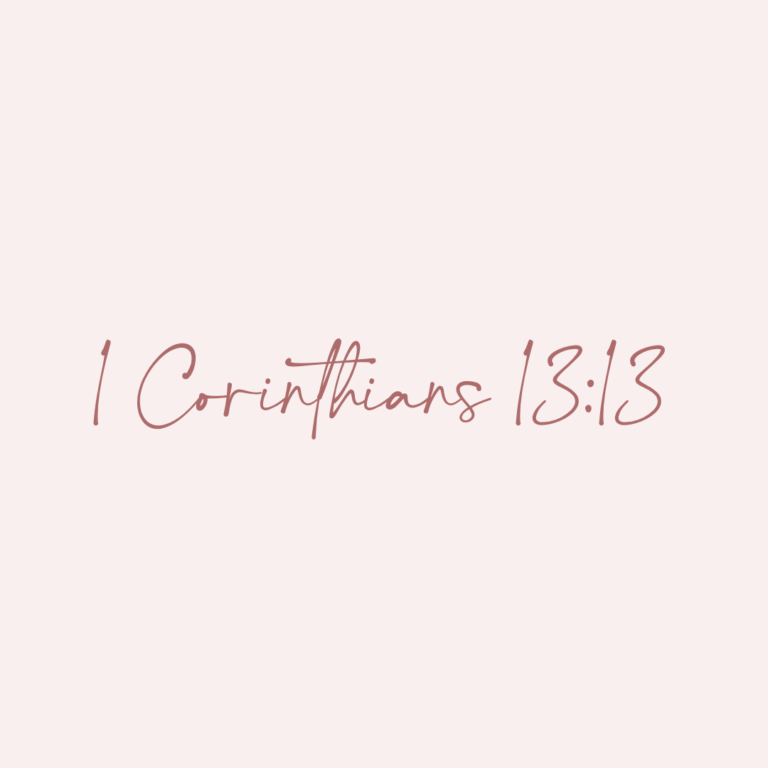Grief and Loss – Part 1
2020: Some things I’ve learned about processing loss

As the death toll rises globally due to COVID and those left behind begin to walk through the journey of grief, I wanted to share some things I’ve learned over the years that either I wished I knew at the time or that I discovered on the road and found helpful to the journey. I am not a medical professional nor a grief counsellor nor any other kind of mental health professional so what I have to offer you is only my experience and what I have found helpful in my own life. Grief can be a desperately lonely place, even when surrounded by others who also grieve. Each grief is different and affects us differently and so I wanted to give this offering of thoughts and learnings to those who may feel a little lost or overwhelmed at what may feel like an intimidating journey through the wilderness ahead. Perhaps it might offer hope or a sense of with-ness to you in the place that you find yourself.
The context of these things I’ve come to understand and learn is this: I am 32 years old, my first experience of loss that I remember was in childhood when I had multiple friends who were murdered in unrelated incidents. In the past 11 years my sister; my grandmother who was a prominent figure in helping my single mother raise me; my mother; a young man whom my husband and I lived with who I came to love as a kind of spiritual son; and, most recently my father, all died. All of them except my elderly grandmother died in tragic circumstances. My learnings are also drawn from my life as a house-mother in a healing house for young men coming out of gangs and drugs and the privilege of walking alongside them as they have grieved their own losses. It is from these loves that became losses that I share.
1. ‘Time’ does not heal, well not in my experience
The pain doesn’t suddenly disappear and you don’t miraculously just stop loving someone as much as you once did. People tell you this in the aftermath of a death to encourage you that it will all be OK and that one day it won’t hurt as much, to make the foreseeable future bearable. We say it out of love and because we want to take the pain away. In the immediacy of loss, it can be comforting to hear that you won’t feel like this forever. But I found this statement unhelpful when time did pass and I did not feel ‘healed’.
After the death of my mother whom I truly adored both as a mum but also as one of my best friends, I took a bereavement course. On the first day of the course they explained to us that it’s not time that heals and grief doesn’t get smaller. I almost burst into tears. I was so relieved. I had been feeling like a failure because I could not make the pain get smaller, I could not force my heart to heal. A year after my mum died I still felt the stab of new moments realising afresh I could not share them with her. It felt like time healed everything except me. This is how the course explained bereavement: If I was a little blue dot and my bereavement was a much larger red dot, in time I, the blue dot would grow. And eventually one day I would realise that the blue dot had grown so much that the red dot now appeared small, contained within the blue dot not overshadowing it. I would become bigger than the pain. Semantics? Maybe. But it’s semantics that set me free from false expectation and responsibility of needing to ‘fix myself’ and allowing myself to grow and heal at my own pace.
That same year I met a young woman who shared how her uncle had explained grief to her when her mother died when she was a child: We are all glass jars and when someone dies it’s like a tennis ball has been shoved into the jar. It bounces about hitting the sides of the jar, hurting with each bump. But as we get older the jar gets bigger too and the ball keeps bouncing. But because the ball has further to travel after each bounce, we have time in between to breathe until the next bump. And so you never stop feeling the bump, it’s just less frequent and the sharp feeling of the hit changes with time.
I understand the ‘growing’ to be the way in which your heart and soul expands as you actively process the loss, feel the pain when it comes and almost allow it to move through you. In my experience, there’s sometimes layers that need to be grieved; the absence of the loved one, the way in which they died if the circumstances were sad, future events that come to pass and the sting of the absence of your beloveds in those moments.
I found both the dots and the tennis ball analogies helpful in that they made room for hope without the pressure of attaining the illusion of a pain-free life after loss. Time itself may not heal, but IN time, you grow, and although you still feel the bump, it will become less frequent and maybe even less jarring (pun intended), and your heart will become big enough to hold it.
2. Comparison is the thief of healing
Beware of the trap of looking at people you know or reading the news about people who have survived extreme devastation and coming to the conclusion that because their loss appears more distressing, your loss therefore is small and insignificant ‘by comparison’. This outlook often presents it’s self as ‘perspective’ but I’d caution that healthy perspective strengthens you, comparison robs and deceives you. Grief pushed down and ignored will eventually find its way to the surface but often in the form of something else such as rage, addiction or fear, demanding to be heard. In what I have observed in myself and those around me, this usually leads to destruction of some form or other. My personal way of coping has been to put my head down and keep going – my sister died on a Friday and on the Monday I was back at university and never missed one class.
It is not that ‘continuing’ per se is bad, but the way I continued was in order to supress pain and thereby burying it rather than healing it. Consequently, it was after the death of the young man I’d come to love as a spiritual son, Maruwaan, that the way in which I had dealt with the death of my sister came and bit me in the backside. With his death came the unprocessed memories of my sister’s, and instead of dealing with the immediate loss, I now had to deal with both losses as my brain would no longer push aside the earlier memories and they came to the surface in debilitating posttraumatic flashbacks that wracked my body with shaking and silent tears that wouldn’t stop. The process was long and painful but because I took the time to feel and deal I eventually made it out the other side.
I also found that I passed judgment on myself and imposed ridiculous expectations on how I should grieve depending on how long or how close a person was to me. In this instance I was comparing myself to others who knew my loved ones. I also found that I compared myself to myself grieving previous losses without recognising that each loss is unique. Again, this suffocates the soul and stops it from being truthful about the pain. What I learned is that the level of pain in loss is not measured by how long you know someone, how close by blood a relation was or how much you saw them each day. The pain corresponds to the love you felt for them. Period. This love will have had a presence in your life and that presence will leave a gaping, brutal hole. I have also observed that where the nature of love to someone was complicated or painful in life, that the grieving process is painful in a different kind of way. I have discovered you may have to grieve your life with someone as well as their death. If we can permit ourselves to be honest with ourselves about our love then we will have freedom to be truthful about our loss, whatever it may look like.
3. Death is traumatic and trauma registers in your body
Bessel van der Kolk writes in The Body Keeps Score, “research…has revealed that trauma produces actual physiological changes, including a recalibration of the brain’s alarm system, an increase in stress hormone activity and altercations in the system that filters relevant information from irrelevant”. One thing that no one told me about death is how it can affect you physically because death is often a trauma to those left behind. In 2017 after the sudden death of Maruwaan I was diagnosed with post-traumatic stress disorder and was signed off work for 6 months to recover from what seemed to be a kind of break down.
When I went back to work I discovered that there was a problem with my neurological function and I had memory loss, brain fog and inability to do calculations and problem-solve among other things. This may not sound significant, but without being able to remember much you can’t really work because you can’t remember what you are supposed to be doing at any given time. It was devastating. At first I thought I had lost my mind and had some kind of early onset dementia, but with the help of a trauma therapist, my general practitioner, a neurologist and my counsellor I discovered that trauma affects the human body in different ways and in some cases the body can kick into survival mode. It blocked out certain functions in order to try to ‘save me’ and I was operating using a level of brain function that reverted to the most basic human functionality.
In my case, my body is predisposed to trying to survive this way, so it is not that this happens to everyone. However, when talking to others who have lost loved ones, they often spoke of having various kinds of physical struggles or memory loss and confusion in the aftermath of death. The knowledge that others had also experienced these affects felt like a weight off my chest. I now knew I wasn’t alone and it was possible to heal. There are different kinds of treatments that you can access to assist with physiological problems from trauma including the neurological condition that I described. A type of therapy I found to be most helpful is Trauma and Tension Release Exercises (TRE) discovered by mental health practitioners working in warzones. More information on it can be found here: https://traumaprevention.com/ You may not experience any of these things, and that is something to be thankful for, but if you do and a doctor has ruled out other causes as the root, just know you are not broken or abnormal. It is possible that your body is actually trying to save you and that is remarkable. You are not alone.


